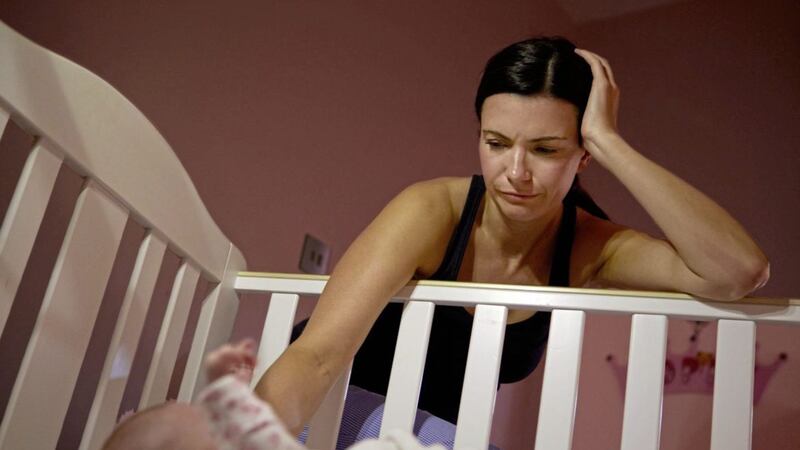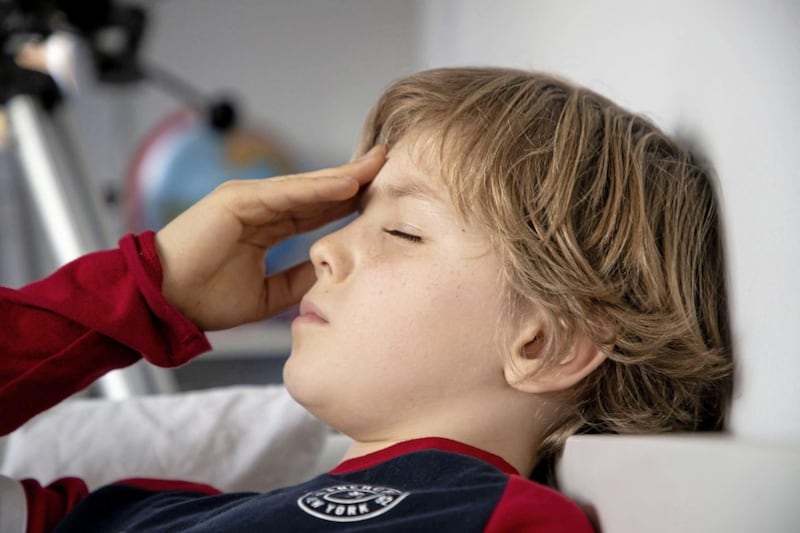MY EIGHT-month-old baby cries two or three times a night and I'm exhausted. I'm desperate to get some sleep – is it worth trying controlled crying when I just leave her to cry, or could this damage my baby?
Health visitor Emma Banham, who runs My Baby Sleep Coach (Mybabysleepcoach.co.uk), says: "Being the parent of a baby who's wakeful at night is really hard; add some confusing and conflicting advice into the mix, and you have an even tougher job.
"The simplest answer to your dilemma is that it's your baby and, therefore, your choice as to how you respond each time he or she wakes in the night.
"It's probably worth getting a clear understanding of some of the underlying factors that might be contributing to the disturbed sleep before tackling the issue with a technique such as controlled crying or sleep training.
"You may benefit from spending time with an expert professional who can support you in looking at whether your baby is feeding enough during the day, for example, before you're confident enough to try out any sleep training.
"Evidence does suggest sleep training can be effective; the controlled crying technique (otherwise known as graduated extinction or self-soothing) involves leaving baby in his/her cot and then waiting (sometimes while baby does cry) for a set number of minutes, without picking them up, to see if they settle themselves to sleep independently.
"A study carried out by Gradisar and Spurrier in 2016 found using the controlled crying technique increased the length of time infants slept and reduced the number of times they woke up at night. When these babies were followed up 12 months later, there was no evidence of any increased stress levels in the babies and no harmful effects on the parent-baby relationship.
"The study was only carried out on around 15 babies, however, and some professionals have argued that if a baby is left alone and crying for prolonged periods, and without being comforted regularly by its caregiver, it may be emotionally harmful and these babies may show increased levels of cortisol (stress hormone) in their bloodstream.
"The key to effective sleep training is tailoring the technique correctly to fit each unique situation. In a nutshell, there's no one-size fits all solution to the complex issues that can affect your baby's sleep and, if not carried out effectively, sleep training may end up being more emotionally distressing for both baby and for parents."








